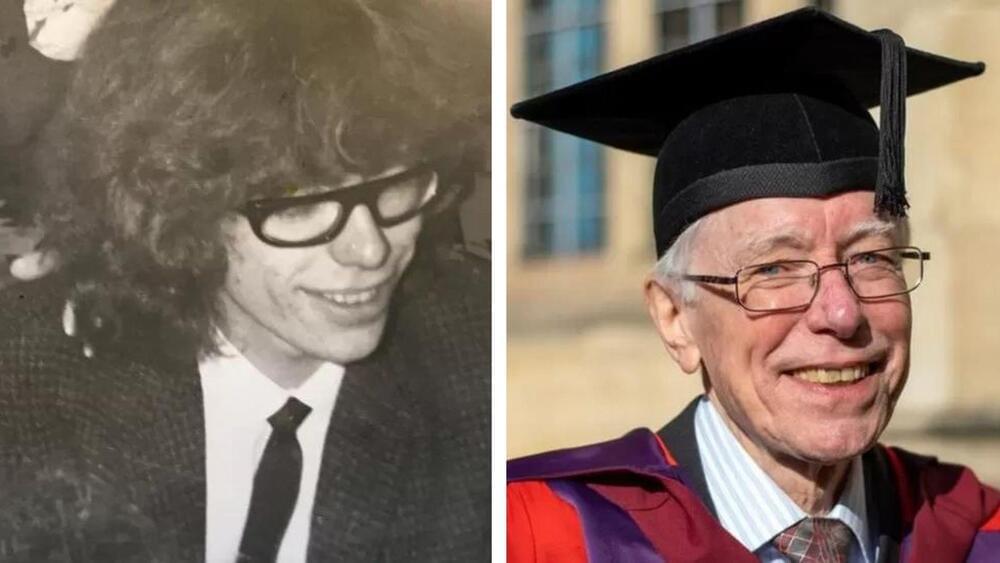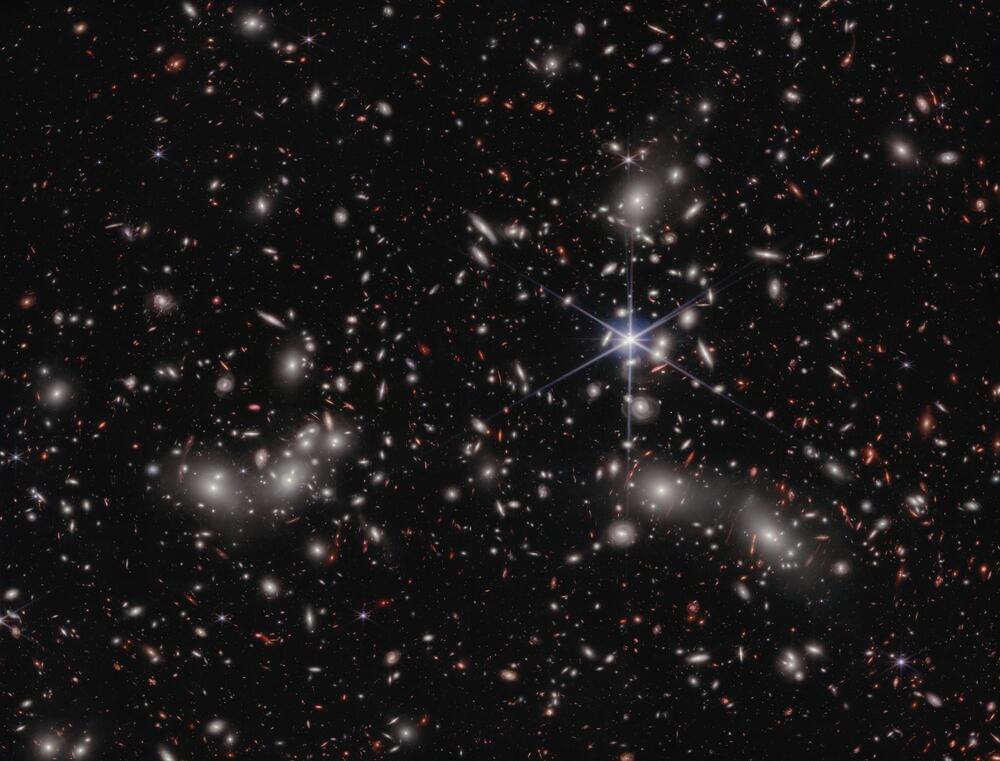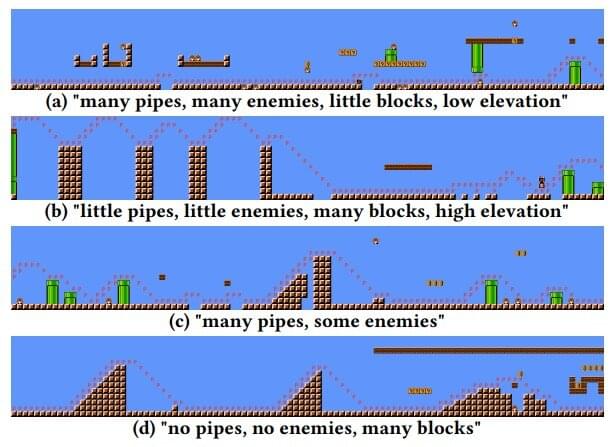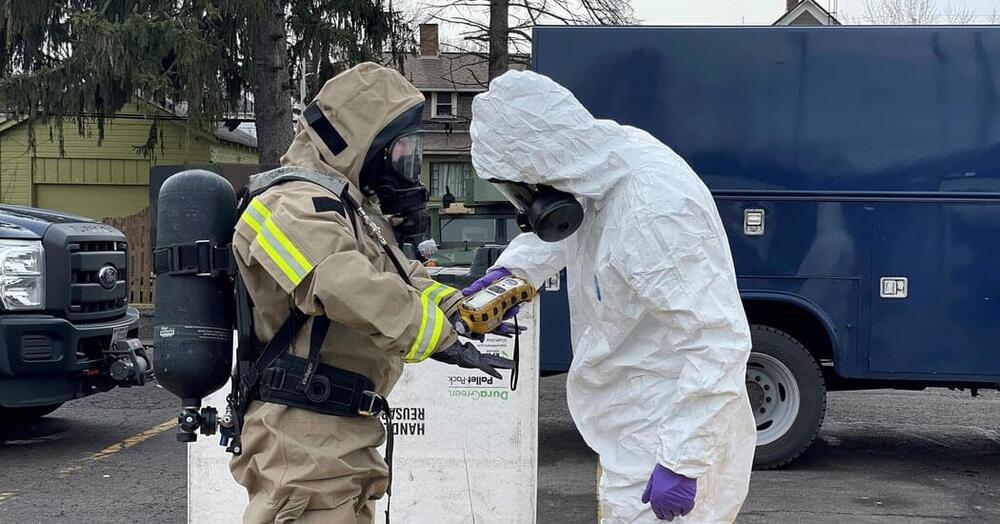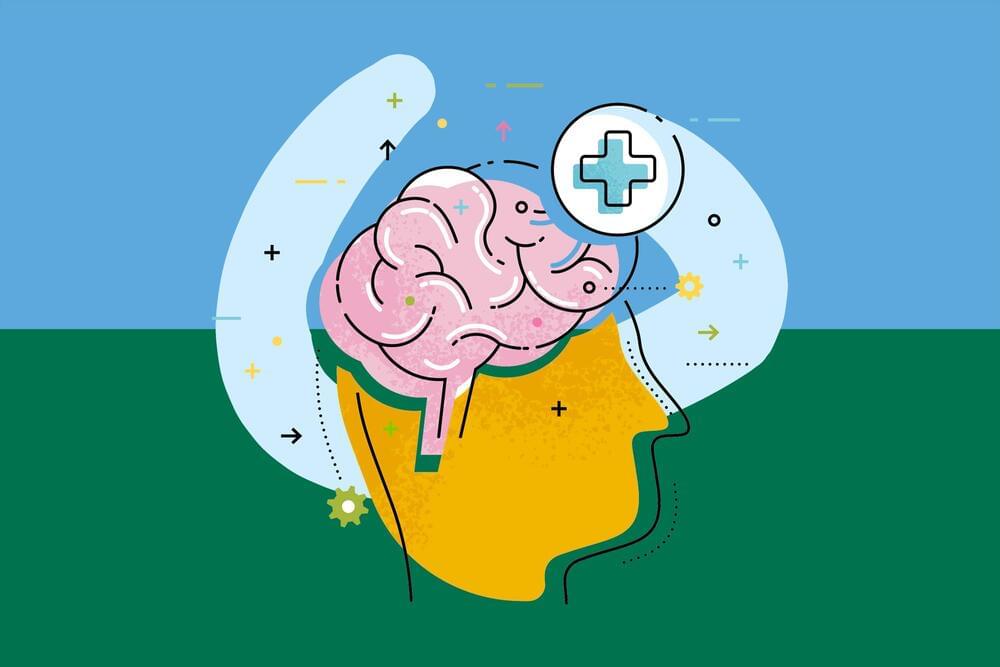When Ben Reinhardt was an undergrad at Caltech, he often passed a mural painted on the back of a building on campus. It included a quote from Theodore von Kármán, a scientist and engineer who served as the first director of JPL: “Scientists study the world as it is, engineers create the world that never has been.”
But a recent paper published in Nature described a decline in scientific progress over the last few decades.
Some of the other new scientific institutions experimenting with shaking up the traditional structure of research include Arcadia Institute, based in the Bay Area, which is dedicated to a translational program that, “will provide a unique combination of funding, support, and access to accelerate new product development.”
Alexey Guzey is another leader in this space; he recognized a gap in opportunities for young scientists and initiated New Science, which plans to finance entire labs outside of academia, and turn “the process of doing science into an experiment itself.” For a better overview of all the new types of research organizations, check out Sam Arbesman’s The Overedge Catalog.
Reinhardt’s vision for a private DARPA (laid out in the 278 page whitepaper) begins with the simple call to action, “How can we enable more science fiction to become reality?” The document attracted the attention of investors. Today, they announced the launch of Speculative Technologies with initial backing from Schmidt Futures, Patrick Collison, Protocol Labs, the Sloan Foundation. The board for the non-profit includes Kanjun Qiu, founder of Generally Intelligent, an AI research company, and Adam Marblestone, founder and CEO of Convergent Research.
